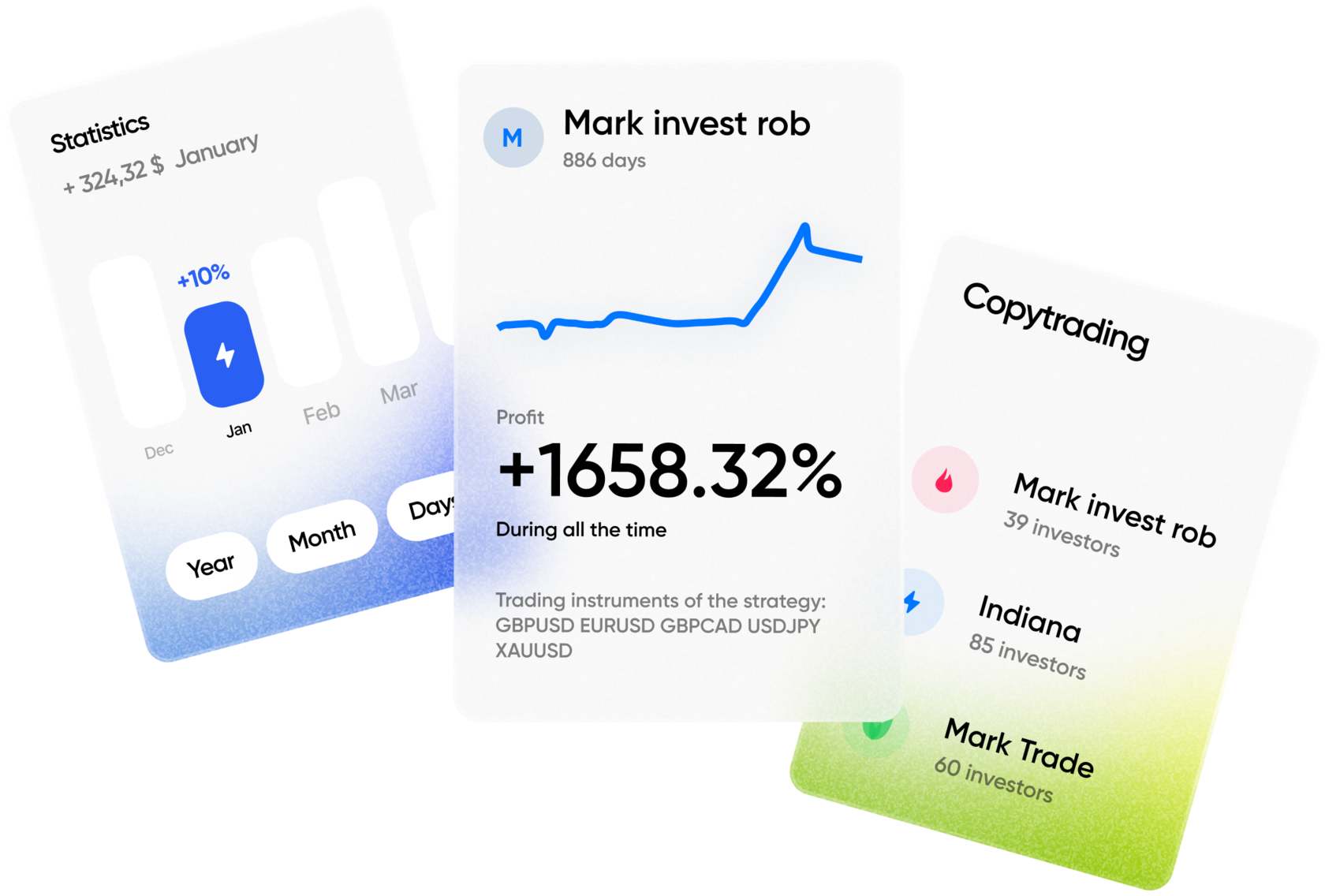European stock markets closed Monday with slight losses. Major indexes declined within a range of 0.26%. Investors remained cautious despite growing optimism that U.S. President Donald Trump could ease tariff policies in the coming weeks. The pan-European STOXX 600 index ended the day down by 0.1%. This decline offset gains recorded after the release of positive eurozone business activity data for March.
Germany’s DAX index dropped by 0.2%. France’s CAC 40 slipped by 0.18%. The UK’s FTSE 100 decreased by 0.26%. Southern European markets also showed minor declines. Spain’s IBEX 35 fell by 0.15%, and Italy’s FTSE MIB edged down 0.12%. Overall market volume remained moderate throughout the session.
Tariff-related concerns stayed at the center of attention. Investors followed news about the U.S. administration’s trade policy. Reports suggested the Trump administration may exempt certain sectors from upcoming tariffs. At the same time, new countermeasures are expected to take effect starting April 2.
President Trump made a statement on Monday about future trade actions. He announced plans to introduce tariffs on cars, aluminum, and pharmaceutical products. Trump said that all countries had “ripped off” the United States for years. The White House has not yet released specific details about the list of affected goods.
The possibility of partial exemptions created mixed expectations. Some industries might avoid immediate impact. Others could face new import duties next week. No formal confirmation of exemptions was provided by U.S. officials on Monday.
Market participants are waiting for official announcements. Uncertainty remains high across key export-driven sectors in Europe. Auto manufacturers, chemical companies, and pharmaceutical firms are among those monitoring the situation closely.
The European auto sector index showed minor movement during Monday’s session. Shares of major automakers like BMW, Volkswagen, and Stellantis showed slight fluctuations. Aluminum producers in Europe also posted limited changes in stock prices.
Eurozone economic indicators released earlier supported market sentiment briefly. March PMI data pointed to growth in business activity across manufacturing and services. However, the tariff news soon overshadowed those reports.
According to analysts, the volume of possible trade measures on April 2 may affect investor behavior in the coming days. Rabobank economist Bas van Geffen stated that uncertainty over the size of tariff announcements is contributing to cautious moods on European exchanges.
The European Commission has not yet commented on the possible U.S. tariff changes. Brussels is expected to respond once official measures are announced. EU trade officials are in contact with their U.S. counterparts but have not disclosed negotiation details.
Meanwhile, currency markets remained relatively stable. The euro traded slightly below $1.09 against the U.S. dollar during most of the session. Bond yields in core European countries showed little change. German 10-year bunds held steady at around 2.43%.
European investors are now looking ahead to developments later this week. Market focus will remain on trade policy. Additional attention is expected around upcoming economic data from Germany, France, and the wider eurozone.







